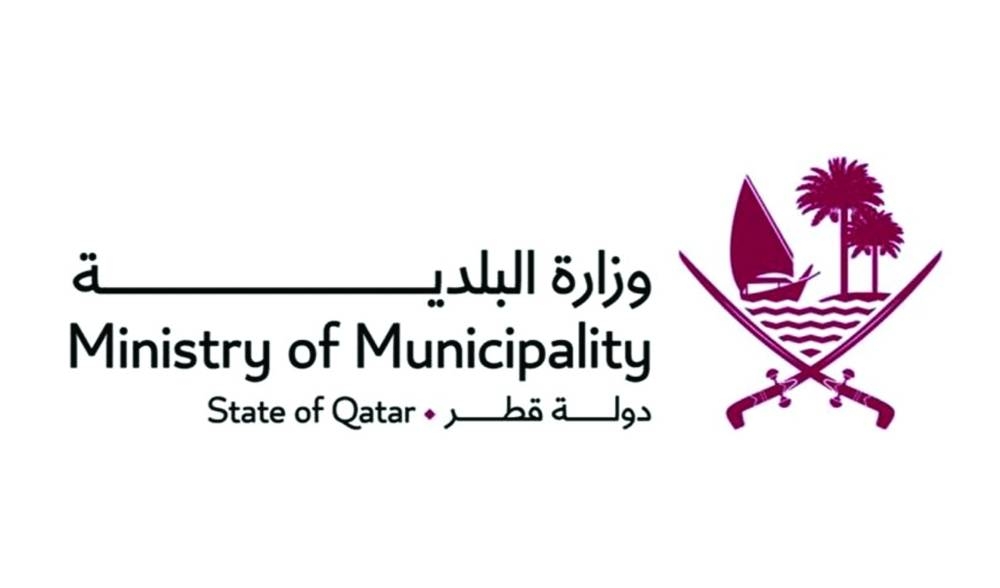The State of Qatar, represented by the Ministry of Municipality, participated in the 12th Gulf Municipal Works Conference, which was organised by the Ministry of Municipalities and Housing of the Kingdom of Saudi Arabia in cooperation with the General Secretariat of the Gulf Cooperation Council (GCC), in Riyadh, under the theme "Sustainable Municipal Work ... aspirations and challenges."
The delegation of the Ministry of Municipality at the three-day conference, which concluded Tuesday, was headed by Director General of Doha Municipality Mansour Ajran Al Buainain, with the participation of a number of government officials and specialists concerned with municipal work affairs in the GCC countries.
The conference witnessed more than 15 sessions and workshops, during which the latest scientific and practical developments related to the development and sustainability of Gulf municipal work were discussed, as well as the key challenges facing the municipal services system in Gulf cities. The sessions also addressed the aspired ambitions and innovative solutions to contribute to overcoming the challenges facing the sector.
The conference also discussed the most important aspects related to the sustainability of municipal work, including studying modern trends and successful practices in the field of sustainable urban planning and design as well as sustainable municipal economy, in addition to managing and operating cities according to best practices. It also discussed the potential risks of climate change on Gulf cities and ways to address them.
At the conclusion of its sessions, the conference issued a set of recommendations aimed at developing and sustaining Gulf municipal work, which stressed the need to work on including an approach to community involvement in urban planning and design projects in a way that serves the principles of sustainability of Gulf cities, adopting modern technologies and municipal systems that enhance smart city policies and geographic information systems, and examining the successful experiences of the GCC countries in the fields of artificial intelligence and data utilization.
The recommendations included the importance of adopting and expanding comprehensive urban planning practices that focus on sustainability, applying the requirement to study the environmental impact according to the need in municipal and investment projects, as well as benefiting from successful experiences regarding municipal investments, and exchanging experiences through committees and technical teams in the field of quality of life.

